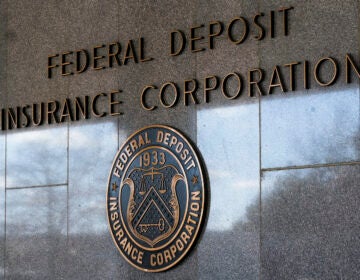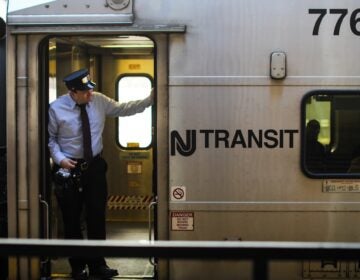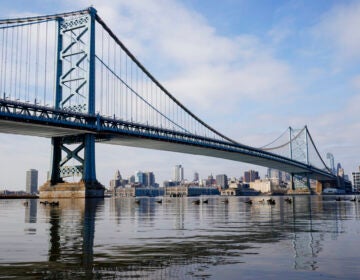Pa. may ask rural towns to pay for police coverage in exchange for better roads
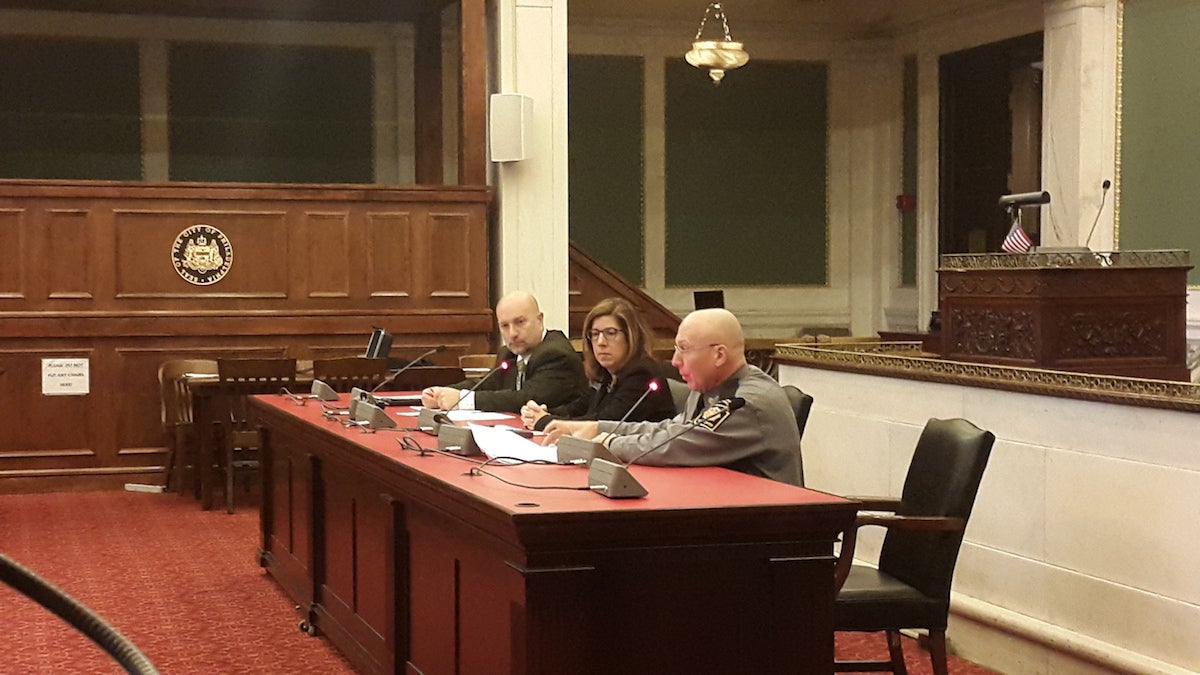
Lt. Col. Stephen Bucar, with the Pennsylvania State Police, testifies during a hearing in Philadelphia on March 17. (Laura Benshoff/WHYY)
What you pay in proposed state police fees, you’ll get back in new roads.
Or, at least that’s the proposition laid out by Pennsylvania state house Democrats at a hearing in Philadelphia on Friday.
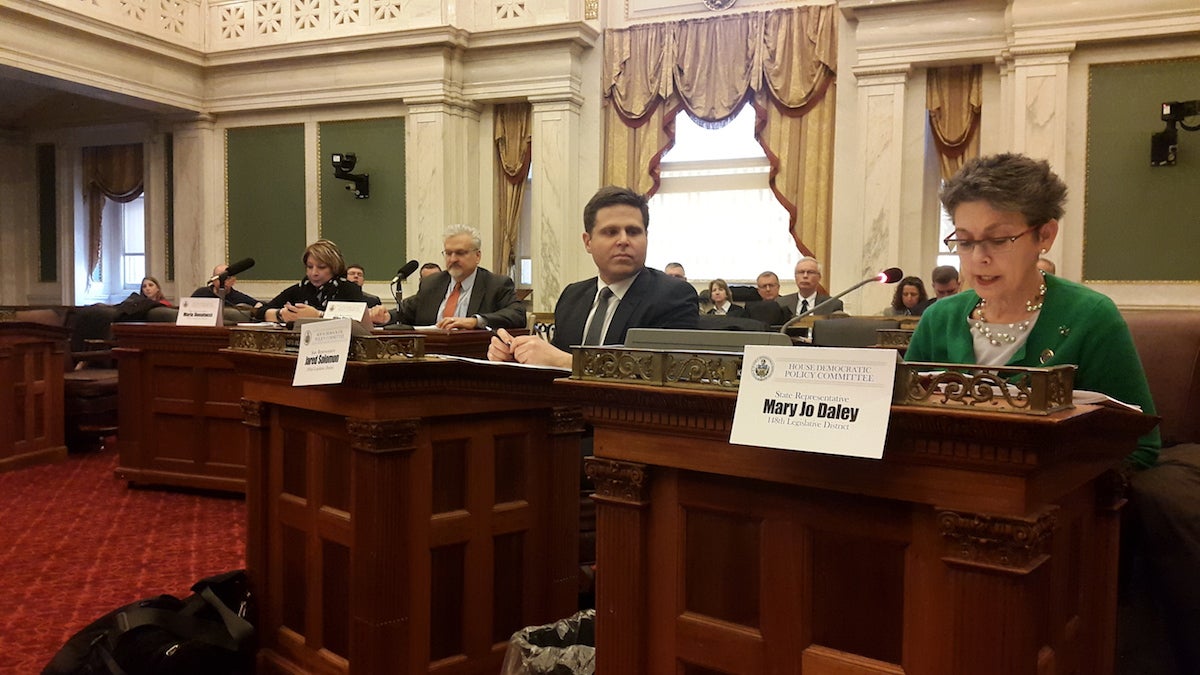 State Representative Mary Jo Daley asks a question about the proposed municipal fee for state police coverage. (Laura Benshoff / WHYY)
State Representative Mary Jo Daley asks a question about the proposed municipal fee for state police coverage. (Laura Benshoff / WHYY)
The Legislature is proposing a $25-per-person fee for towns that rely solely on the Pennsylvania State Police (PSP) as a way to stop using funds meant for road improvements.
Right now the commonwealth can take money from the Motor License Fund to help cover the state police budet. The fund gets its money from things like fuel taxes and registration fees and is meant to pay for infrastructure improvements.
In the 2016-2017 fiscal year, the commonwealth set aside up to $806 million from that fund to go towards state police.
The Legislature wants to change this by having towns that rely on state police to pay an extra fee. But the selling point to those towns is that it also could mean better roads.
“These areas that will see the benefits are by-and-large the same areas that now benefit from the state police providing their public safety,” said Leslie Richards, secretary of the Pennsylvania Department of Transportation.
The $25-head fee does not fill that gap, but puts Pennsylvania on the road toward a 10-year plan that would gradual reduce the PSP’s reliance on those funds, eventually capping the annual contribution at $500 million. That frees up $2.1 billion over 10 years for road maintenance and repair, according to Richards.
“It was identified by the year 2030 we’d need 7.2 billion dollars just to keep our system in good repair,” she said. “When I talk about 2.1 billion dollars, it’s like, ‘Wow that’s a lot,’ but it’s not. It’s not nearly enough.”
That’s money that the state police will miss, however. The $25-per-person fee is not enough to cover the reductions in the cap for the first year, but another source will need to be found to continue to fund the state police at the same level.
A little more than half of all Pennsylvania municipalities use state police as their main public safety providers, covering 22 percent of the state’s residents, according to 2010 census figures. They pay no additional cost for this coverage, and the state police are funded through taxes levied on all residents.
So far, opinions on the fee have been split based on predictable a urban versus rural lines. The big cities of Philadelphia and Pittsburgh and their corresponding suburbs largely have their own city police departments.
The Pennsylvania Association of Township Supervisors — which represents smaller townships — has come out against the tax.
WHYY is your source for fact-based, in-depth journalism and information. As a nonprofit organization, we rely on financial support from readers like you. Please give today.


